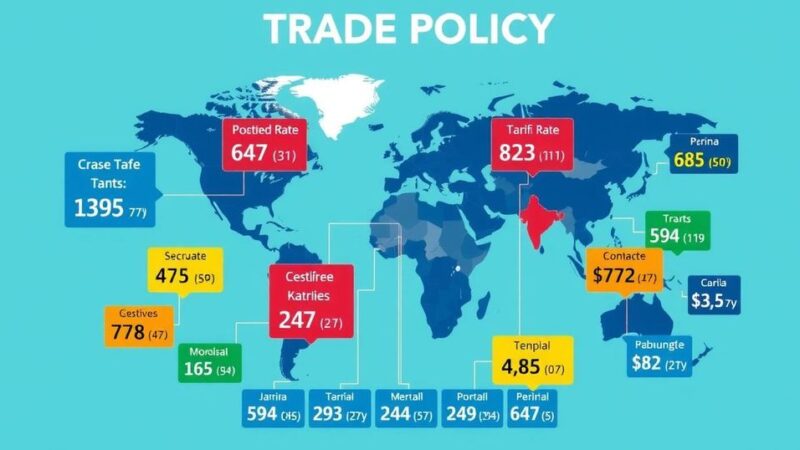There are concerns regarding Hutchison’s sale of Panama ports to a BlackRock-led consortium, with experts indicating a lack of legal tools to halt the transaction in Hong Kong’s business-friendly climate. Compliance with regulatory requirements and shareholder approval are crucial for Hutchison as scrutiny from pro-establishment factions increases, evidenced by Beijing’s agencies amplifying critical commentaries about the sale.
As concerns increase regarding Hutchison’s sale of its Panama ports, experts suggest that the legal frameworks necessary to halt the transaction are limited. Hong Kong is characterized by its business-friendly environment, which complicates efforts to utilize national security legislation against the deal. Thus, there is skepticism about the likelihood of authorities intervening in the sale.
The transaction, valued at US$23 billion, would allow the consortium, led by BlackRock, control of two strategic ports in the Panama Canal along with 41 additional ports globally. Hutchison must ensure compliance with regulations for listed companies and receive approval from its shareholders, indicating that various levels of oversight apply to the deal.
Increasing scrutiny from pro-establishment entities in Hong Kong adds to the pressure on Hutchison. Beijing’s oversight agencies have amplified critical commentary regarding the sale, which has raised alarm within certain circles about the implications of selling to a foreign consortium. Earlier this month, CK Hutchison made headlines by announcing the sale of its port stakes, excluding those within China.
The potential sale of Panama ports by CK Hutchison to a BlackRock-led consortium raises significant concerns about legal and regulatory compliance within Hong Kong’s unique business environment. Experts believe that the lack of legal instruments may hinder any effort to intervene in the deal, despite mounting scrutiny and calls for reassessment. It is essential that Hutchison navigates shareholder and regulatory requirements diligently as it advances the transaction.
Original Source: www.scmp.com






